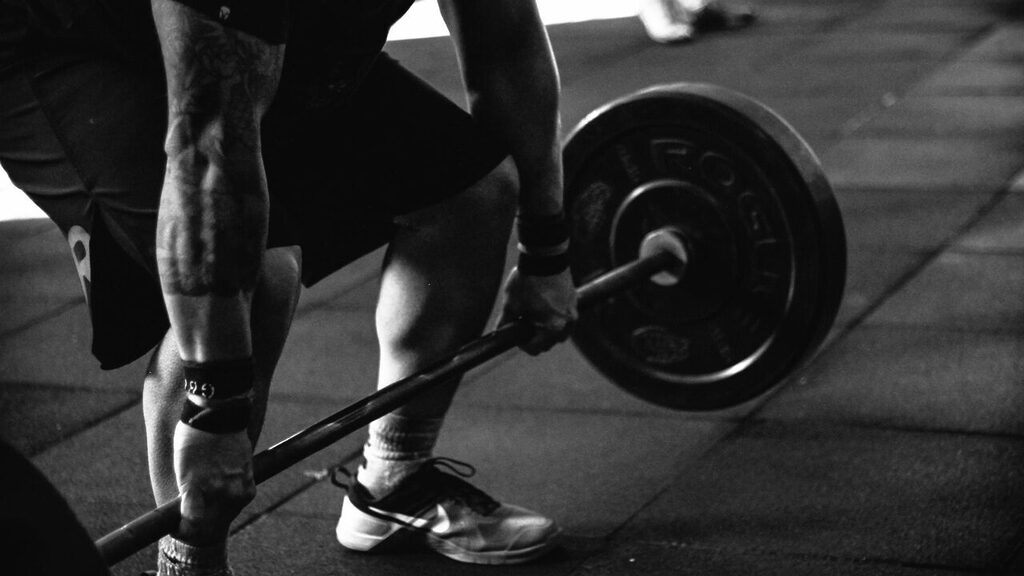For individuals on the path to recovery from drug and alcohol addiction, finding healthy habits and coping mechanisms is crucial. One powerful tool that often goes overlooked is weightlifting. This form of exercise offers numerous benefits that can significantly aid the recovery process, both physically and mentally.
Physical Benefits of Weightlifting in Recovery
Substance abuse takes a tremendous toll on the body. Weightlifting can play a vital role in repairing this damage and restoring overall health:
- Muscle Strength and Mass: Regular strength training helps rebuild muscle tissue that may have deteriorated during addiction.
- Bone Density: Weightlifting stimulates bone formation, counteracting the bone loss often associated with substance abuse.
- Metabolism Boost: Building lean muscle mass increases the body’s resting metabolic rate, aiding in weight management and overall health.
- Improved Cardiovascular Health: Contrary to popular belief, weightlifting also benefits heart health when done correctly.
Mental Health Benefits
The positive impact of weightlifting extends far beyond physical improvements:
- Natural Endorphin Release: Weightlifting triggers the production of endorphins, the body’s natural “feel-good” chemicals, providing a healthy alternative to the artificial highs of substance use.
- Stress Reduction: The focused nature of weightlifting serves as a form of moving meditation, helping to alleviate stress and anxiety.
- Improved Sleep Quality: Regular exercise, including weightlifting, can help regulate sleep patterns, addressing the sleep disturbances common in early recovery.
- Boosted Self-Esteem: Achieving fitness goals and seeing physical improvements can significantly enhance self-image and confidence.
Building Discipline and Structure
The discipline required for a consistent weightlifting routine translates well to other areas of recovery:
- Goal Setting: Learning to set and achieve weightlifting goals provides a template for setting and reaching other recovery milestones.
- Time Management: Incorporating regular workouts into a schedule helps in developing overall time management skills.
- Delayed Gratification: The gradual progress in strength and physique teaches patience and the value of long-term commitment.
Creating Community and Support
Weightlifting can also provide a sense of community, which is vital in recovery:
- Gym Relationships: Regularly attending a gym can lead to positive social connections with like-minded individuals focused on health.
- Accountability Partners: Workout buddies can serve as accountability partners, supporting both fitness and recovery goals.
- Healthy Social Activities: Fitness classes or team training sessions offer sober social opportunities.

Getting Started Safely
For those in recovery looking to begin a weightlifting routine:
- Consult with a healthcare provider before starting any new exercise program.
- Start slowly and focus on proper form to prevent injuries.
- Consider working with a certified personal trainer familiar with the unique needs of individuals in recovery.
- Listen to your body and allow for adequate rest and recovery between workouts.
- Combine weightlifting with other forms of exercise for a well-rounded fitness routine.
Incorporating weightlifting into your recovery journey can provide a powerful boost to both your physical and mental well-being. It offers a healthy outlet for stress, a means to rebuild your body, and a way to cultivate discipline and community—all crucial elements in maintaining long-term sobriety.
If you or a loved one are struggling with addiction and interested in a treatment program that values holistic approaches like fitness and weightlifting, call Texas Recovery Centers at 888-354-2194. Our experienced team is ready to help you build a strong foundation for lasting recovery.













